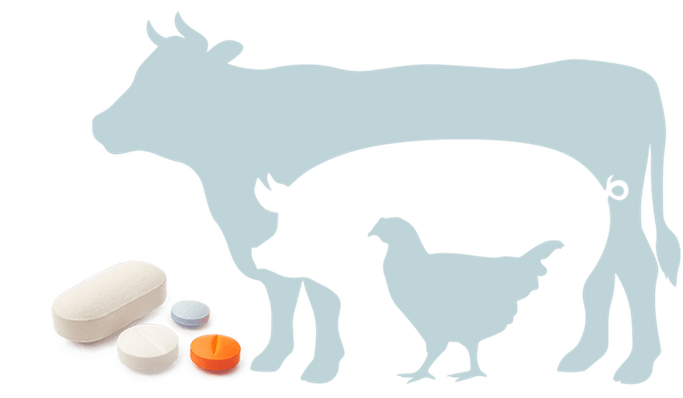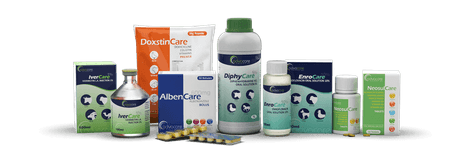What is the meaning of Veterinary Medicine for Camel Diseases?
Veterinary medicines for camels address various health conditions and diseases in camel species. Dromedary camels are primarily found in arid regions and are commonly kept in diverse settings, including farms, livestock production facilities, racing industries, and sometimes as pets or attractions in zoos.
Medication for camels can be administered in different forms depending on the specific condition and the desired therapeutic effect. The most common forms of veterinary medicine for camels and camelids include injectable medications, oral treatments such as solutions and suspensions, boluses, premixes, and topical medications such as pour-on solutions.
Some common areas of application for camel medicine include:
- Treatment of infectious camel diseases including bacterial, viral, and parasitic infections
- Removing parasitic infestations, both internal parasites, such as gastrointestinal worms or liver flukes, and external parasites like ticks, mites, or lice
- Supplementing camels' diet to help with nutritional deficiencies and imbalances
- Management of wounds and injuries with antibiotics, antiseptics, and dressings
- Support of reproductive health including hormonal treatments to regulate the estrus cycle or assist with fertility in breeding programs
Speaking of veterinary medicine and its broad applications across various species, it's interesting to note the specialized care needed for animals adapted to unique environments. For instance, dromedary camels, with their iconic single hump, are specifically evolved to thrive in arid regions. Their physiological and anatomical adaptations make their health requirements distinct from many other livestock, thus demanding a nuanced approach in their care and medical treatment.
AdvaCare Pharma is a respected supplier of veterinary supplies, including various veterinary medicines for treating camels and addressing various camel diseases.


